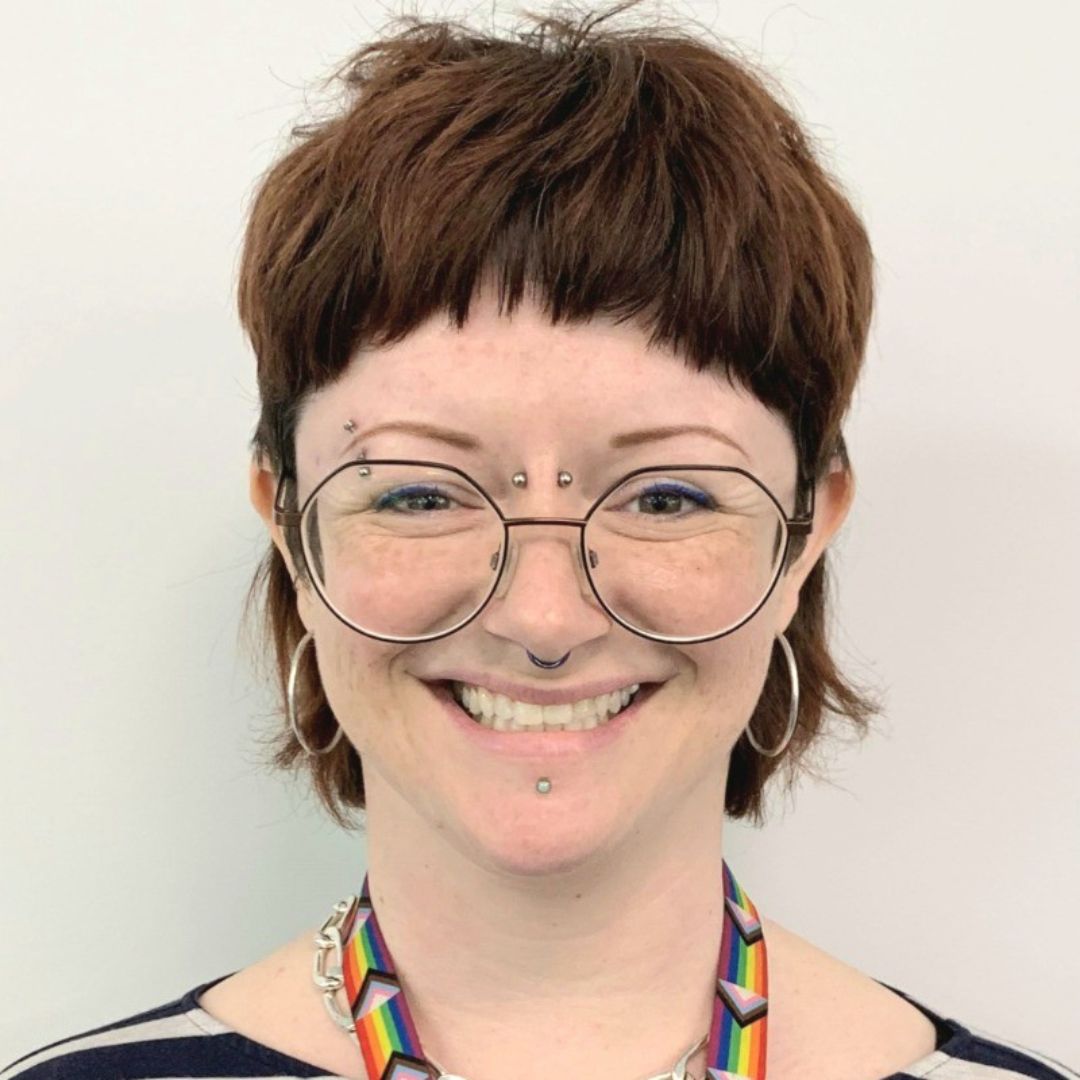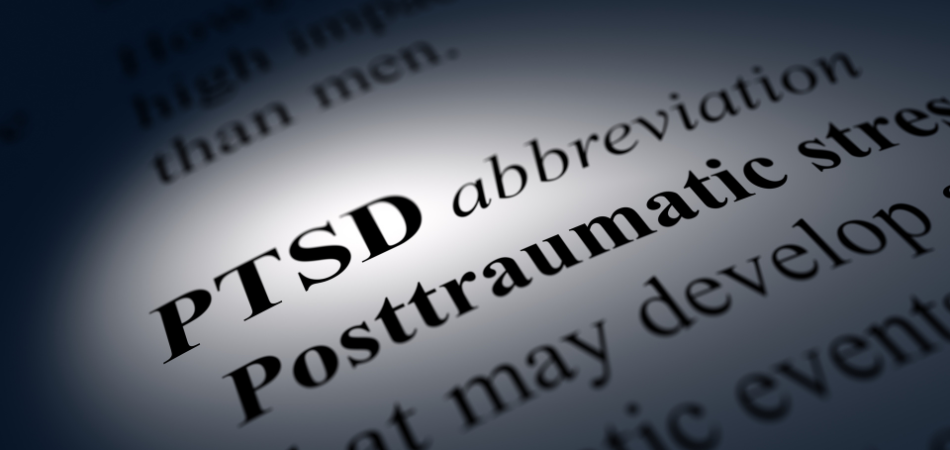PTSD and addiction

Written by:
Last Updated:
June 30th, 2025
While they are separate disorders, PTSD and addiction are closely related and can develop as a result of the other. As it stands, PTSD affects around 3% of the British population, and recent epidemiology surveys have found that people with PTSD are four times more likely to meet the criteria for substance abuse disorder (SUD).

What is PTSD?
PTSD is a condition triggered by highly traumatic or frightening events in a person’s life. Such distressing events can be anything that induces severe panic or anxiety, no matter what the circumstance. Trauma and pain are incommensurable and not everyone’s experience of trauma can be compared, but to give a general indication, the following are examples of highly distressing events:
- The sudden death of a loved one
- Being part of or witnessing a tragedy
- Military combat
- Having a near-death experience
- Undergoing a painful separation of divorce
- Verbal, emotional, physical, or sexual assault
- Living in poverty
PTSD can develop immediately after someone experiences a stressful event, or it can take weeks, months or even years to appear.
Signs someone is suffering from PTSD and addiction
Addiction, whether substance or behavioural, is a mental disorder defined by an uncontrollable impulse to repeatedly seek out a substance or engage in behaviour by any means possible. Often, people are unaware they have an addiction, despite the ramifications to their health and well-being and that of their loved ones.
If you are worried that you or someone you love is struggling with PTSD and addiction, you can use the diagram below to see if their symptoms are similar. Addiction (in general) has some key characteristics, but the signs of behavioural and substance addiction may differ slightly.
PTSD Symptoms
- Insomnia
- Nightmares
- Irritability
- Guilt
- Loneliness
- Depression
- Anxiety
Addiction Symptoms
- They spent all their time engaging in specific behaviour
- They sometimes skip school or work to participate in specific behaviour
- They try to conceal their behaviour by telling lies or hiding evidence from others.
- They are irritable if they cannot access the source of their addiction
What is the link between PTSD and addiction?
Many people in addiction recovery recognise that they harbour underlying trauma that has contributed to their dependency. However, some people are unaware of this until they embark on therapy. Severe trauma can penetrate a person’s core, creating deep wounds, and usually, the same wounds trigger substance or behavioural addiction. This is evident through studies showing how PTSD alters the chemicals in the brain, the same way addiction does.
Substance abuse may momentarily soothe PTSD symptoms
When someone has endured a traumatic experience, their brain releases fewer endorphins (chemicals that make us feel good) than they did previously. Therefore, people may depend upon substances like alcohol and drugs to superficially increase their level of endorphins, thereby enhancing their mood. When a person is drunk or high, their PTSD symptoms may temporarily be alleviated, and thus they may come to repeatedly use such substances just to get through the day.
Those with PTSD may use addiction to escape the pain
Flashbacks and painful memories may be too traumatising for a person to endure that they use substances or behaviours to block the recollections of a traumatic event. Some people may develop behavioural addictions such as shopping addiction, sex and love addiction or eating disorders as an unhealthy form of comfort. Participating in such behaviours may allow them to completely immerse into a world separate from the source of their trauma, therefore providing a distraction from their pain.
How can we treat PTSD and addiction?
Trauma is a complex and multi-layered concept, so there is no direct cure to trauma. A dual diagnosis like PTSD and addiction is no different and requires a holistic approach to treatment. This means ensuring people receive healing from physical, psychological and emotional angles. We understand that, much like grief, traumatic memories can never fully disperse. But we can help people manage their past trauma more effectively so they can live a more peaceful life without addiction.
Some of the most important treatments for PTSD and addiction are, but are not limited to, the following:
Psychotherapies
Top-quality rehab clinics specialising in PTSD and addiction can incorporate CBT treatment plans to treat both disorders simultaneously. In addition, Cognitive Behavioural Therapy (CBT) and Dialectical Behavioural Therapy (DBT) can help those with PTSD manage their thoughts and feelings. Many rehabilitation clinics, including Sanctuary Lodge, use these psychotherapies to treat addiction successfully.
Private counselling
One-to-one counselling can help people express their emotions in a safe and confidential space, where they can be listened to and understood. In these private sessions, therapists can help clients process their past trauma comfortably and offer helpful guidance on managing PTSD and addiction one step at a time.
Exercise
We know exercise alone is not enough to heal co-occurring disorders, but it can be highly advantageous when incorporated into a complete treatment programme. Exercise is known to produce endorphins in the body naturally. When someone is suffering from PTSD and addiction, they’re lacking in natural endorphins. So regular exercise, whether walking in nature or taking a gentle yoga class, is beneficial for restoring the body’s feel-good chemicals.
How can Sanctuary Lodge help?
Sanctuary Lodge is established in addiction recovery as most of our staff have had first or second-hand experiences with addiction. Not only can you expect treatment from highly trained professionals, but you will be alongside others who truly resonate with what you’re going through. We will always consider co-occurring disorders and offer a range of holistic treatments that will support your PTSD and teach you healthy coping mechanisms so you can centre your mind in triggering circumstances. It’s important to note that we treat addiction as the primary disorder, meaning that people with PTSD must have any acute PTSD symptoms under sufficient control upon admission.
If you choose to stay with us, you’ll be welcomed into our home, where you’ll receive a comfortable room and have your daily meals prepared by our professional chef. In addition, our spacious gardens offer clients respite from talking therapies, as they can take some alone time to clear their minds in nature. Clients will also be offered to participate in an array of holistic treatments to address addiction, such as:
- Group therapy
- 12-step therapy
- Yoga and mediation
- Acupuncture
- Gong bath (healing sound therapy)
- One-to-one counselling
We recommend clients spend at least twenty-eight days in our rehab, where they can detox (if necessary) and absorb themselves into all treatment methods available. As a result, clients tend to leave us with more awareness of how their addiction started; they develop healthier coping mechanisms for processing trauma and are equipped with the necessary tools to prevent relapse.
Reach out to us today
Experiencing the pain of PTSD and addiction can be heart-wrenching for a person and just as painful for those watching someone they love struggle. However, we’re convinced we can help you to free yourself from mental health and addiction and stop the haunting of past pain. If you have any questions about our treatment methods, chat with us today, and a compassionate team member will discuss everything with you.




